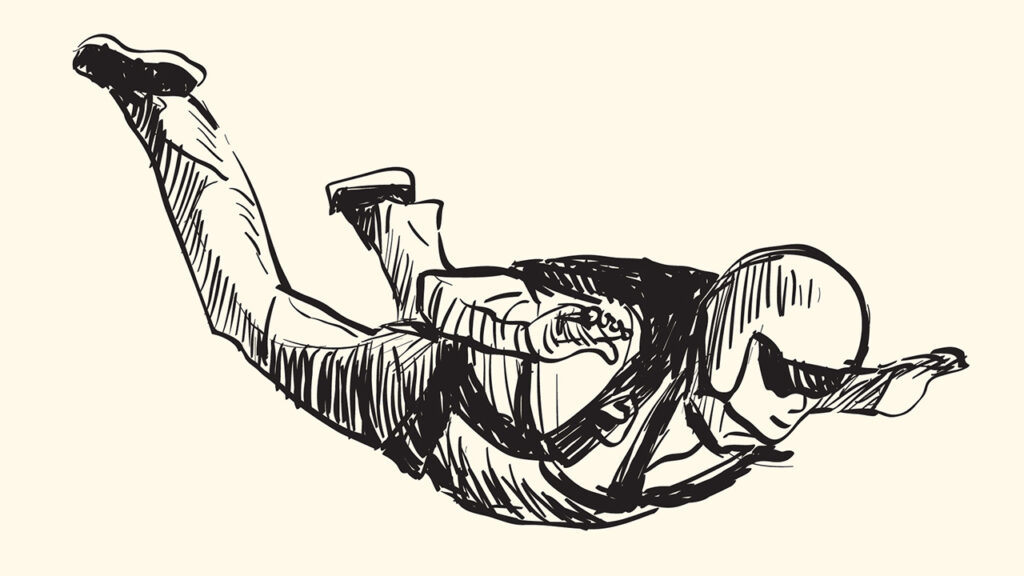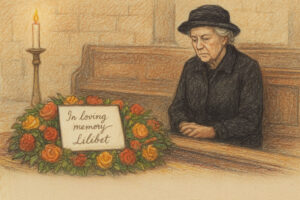Teresa is an Argentinian parachutist who went to Arizona, USA for an international event of parachuting. She went with 14 other parachutists, with the idea to train first and then after 4 days of training to start jumping on Friday. She brought her parachute, but it was not an appropriate one to jump in Arizona.
Friday arrived, and she jumped the first time and got hit a bit. She jumped the second time and got hit again. She jumped a third time and that’s when a friend told her: “Teresa, don’t jump any more with that parachute because you’re going to kill yourself.” Instead of hearing the good advice of her friend, Teresa rejected his advice saying: “Well, if I have to hit myself, I’m going to hit myself.”
Teresa jumped once more, and the result was a disaster: she crashed into the ground at 50 or 55 mph. She made a hole in the ground and bounced back, her body ending up 65 ft. away from that hole. She never lost consciousness, and that is why she remembers everything; she remembers all her imprudent actions.
I would like to highlight just one of lacks of prudence we can see in this story: lack of docility. Docility, according to St. Thomas, is a quasi-integral part of prudence. Docility means paying attention to the opinion and judgment of experienced people or prudent people, like Teresa’s friend.
St. Thomas explains that we cannot know everything in matters of prudence because prudence is related to concrete actions and particular actions have infinite possibilities, therefore it is difficult to consider them sufficiently. For this reason, we need the advice of others who have experience in similar situations.
But it is important to highlight that docility means listening to and following good or prudent advice. Sometimes we ask for advice, but we do not follow it when it is not the advice we want to hear. Sometimes we ask for advice, but we do not ask an experienced person or a wise person, but rather a person that will say what we want to hear. In those cases, our docility is a false docility.
In one of the objections, St. Thomas says that docility is a natural disposition rather than part of prudence. He answers that objection saying: yes, we have natural dispositions for docility, however we can increase or decrease our docility and that depends on our effort; therefore the one who wants to act prudently “must carefully, frequently and reverently apply his mind to the teachings of the learned, neither neglecting them through laziness, nor despising them through pride” (Summa Theologica, II-II,49,3 ad 2).





